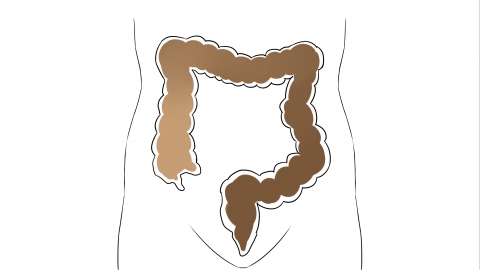Does closed-loop intestinal obstruction require surgery?
In general, whether closed-loop intestinal obstruction requires surgery depends on the specific condition of the bowel's blood supply. If the patient develops acute symptoms such as abdominal pain and vomiting, immediate medical attention is necessary. Detailed analysis is as follows:

When the bowel's blood supply is not compromised, non-surgical treatment may be attempted first. If the patient does not experience significantly worsening abdominal pain, has no abdominal tenderness or rebound tenderness, retains hyperactive (but not absent) bowel sounds, shows no signs of infection such as fever or chills, and imaging studies show no significant bowel dilation or progressively worsening gas-fluid accumulation, and if symptoms gradually improve with treatments such as fasting, gastrointestinal decompression, and fluid replacement to correct electrolyte imbalances—along with recovery of flatus and defecation—surgery may be avoided temporarily. In such cases, conservative management should continue with close monitoring of the clinical course.
When the bowel's blood supply is compromised, immediate surgery is required. If the patient experiences severe, progressively worsening abdominal pain, has abdominal tenderness and rebound tenderness, diminished or absent bowel sounds, and systemic signs of sepsis such as fever, tachycardia, and hypotension, imaging findings showing marked bowel dilation, thickened bowel walls, or suspected bowel necrosis indicate that urgent surgical intervention is necessary. Without timely surgery to relieve the obstruction and resect necrotic bowel segments, serious complications such as bowel perforation and septic shock may occur, necessitating emergency surgery.
For daily care, ensure the patient remains strictly NPO (nothing by mouth), perform proper gastrointestinal decompression care, and maintain patency of drainage tubes. Monitor the color, volume, and characteristics of drainage fluid. Provide thorough oral care to prevent oral infections. Regularly assist the patient with turning, back tapping, and limb movement to prevent pressure ulcers and deep vein thrombosis. Closely monitor changes in abdominal pain, abdominal signs, and vital signs, and promptly report any abnormalities to healthcare providers.








